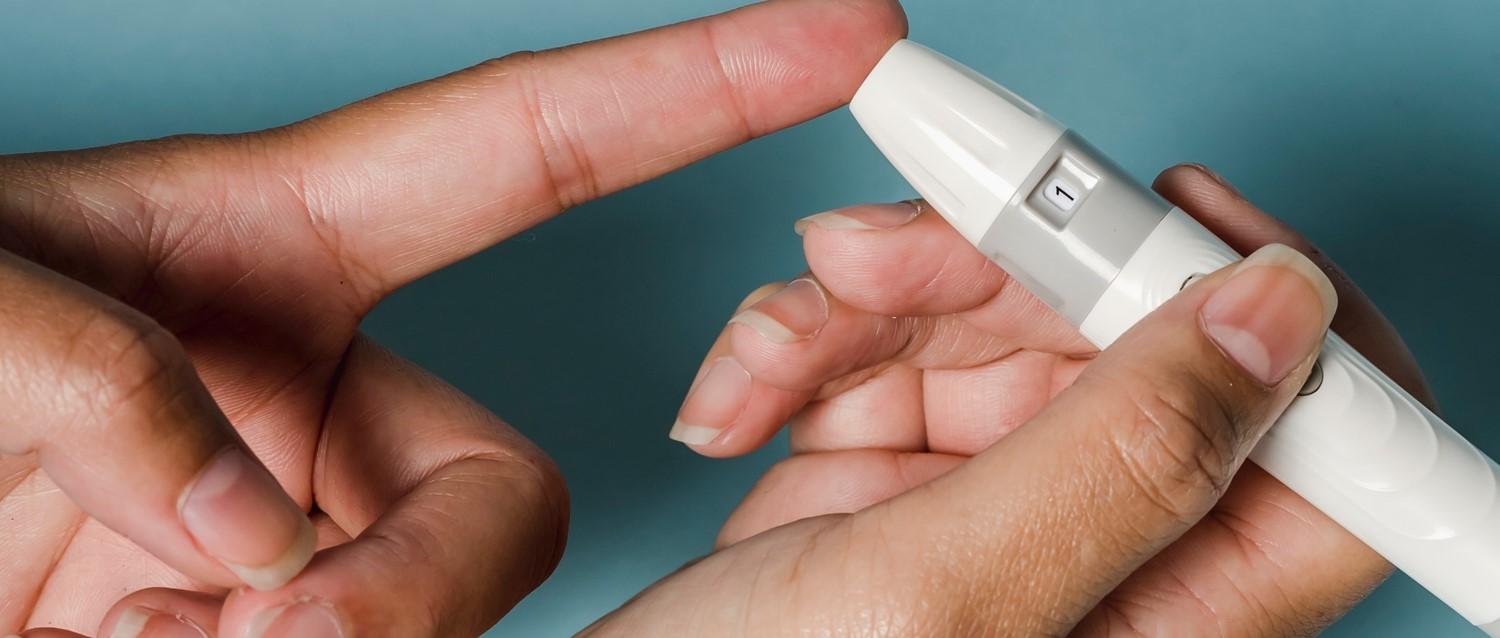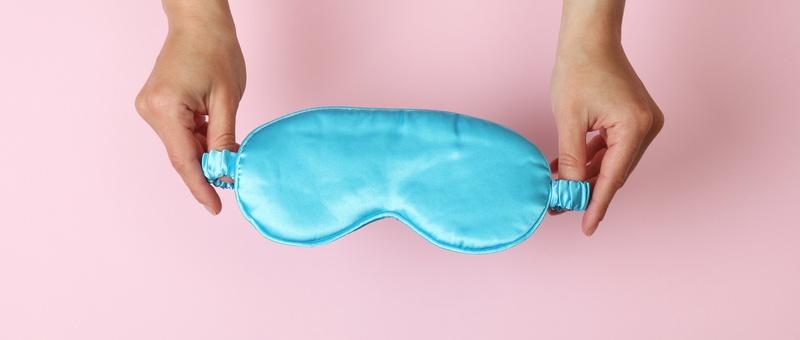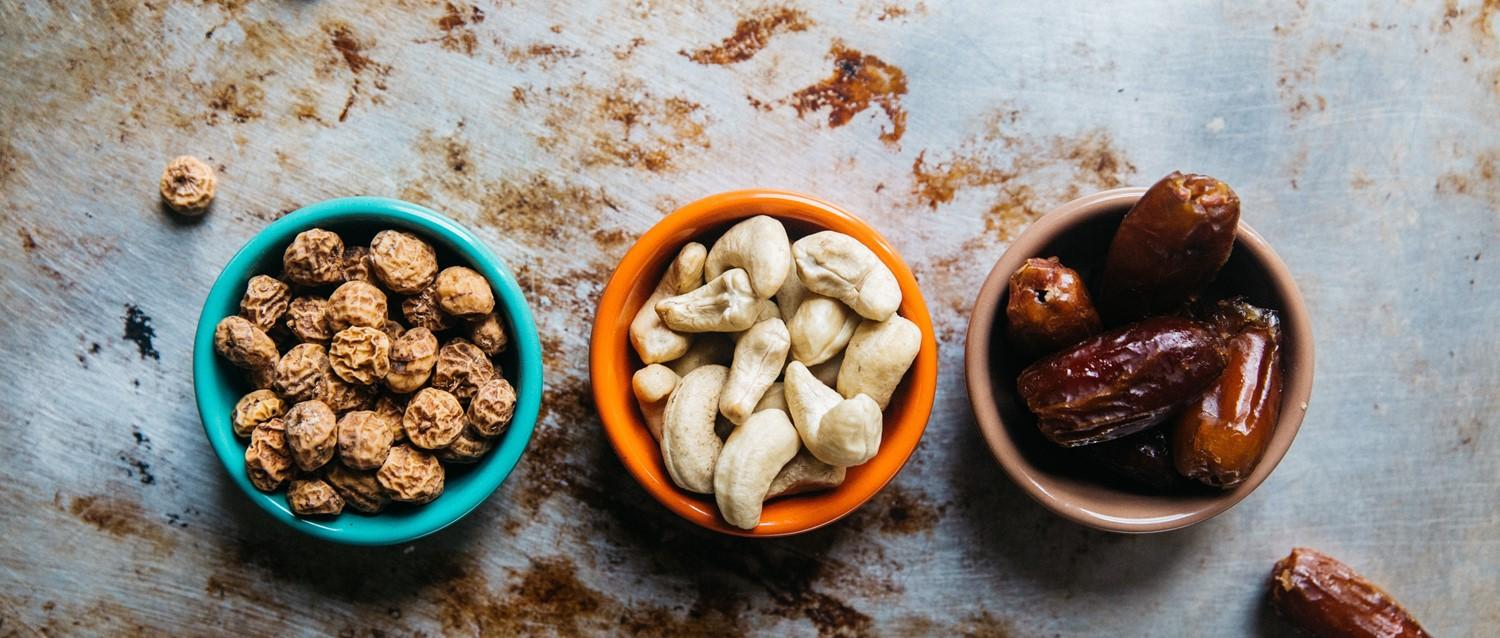
What is a 'hypo' and can you have one if you don’t have diabetes?
Peer reviewed by Dr Sarah Jarvis MBE, FRCGPAuthored by Lydia SmithOriginally published 12 Nov 2021
Meets Patient’s editorial guidelines
- DownloadDownload
- Share
- Language
- Discussion
Hypoglycaemia - often colloquially referred to as a 'hypo' - occurs when someone's blood sugar level drops too low. Although it mainly affects people with diabetes, especially if they take insulin, it can be possible for those without diabetes to experience a hypo too. But why exactly does hypoglycaemia happen - and what are the risks?
Sign up for our free 10-week Diabetes course!
Each week, we'll explore a different topic to help you better understand and manage your diabetes, including everyday living and medicines, to mental wellbeing, the latest in diabetes tech, and nutrition.
By subscribing you accept our Privacy Policy. You can unsubscribe at any time. We never sell your data.
In this article:
Continue reading below
What is a hypo?
"Hypoglycaemia, often referred to as a 'hypo' is when blood sugar levels are too low, usually below 4 mmol/L," says Douglas Twenefour, deputy head of care at Diabetes UK.
"Low blood sugar can happen if the balance of food consumed, physical activity, and diabetes medication taken, such as insulin or a sulfonylurea, isn't right," he explains. "For example, hypos can sometimes happen if you don't consume enough carbohydrates, if you do lots of exercise without having extra carbs or reducing your insulin, or if you take more insulin than you need."
Hypoglycaemia is different from hyperglycaemia, which occurs when you have too much sugar in your bloodstream. This affects people with diabetes whose medication isn't controlling their blood sugar well enough.
What are the symptoms and risks of a hypo?
Although people can have different symptoms of hypoglycaemia, the most common symptoms of low blood sugar are feeling shaky, sweaty, hungry, disorientated, anxious, tired, tearful or irritable.
Someone experiencing a hypo may also go pale and experience headaches, palpitations, a fast pulse or blurred vision, or may find it difficult to concentrate. Sometimes, the lips can feel tingly too. In cases of severe or untreated hypoglycaemia, these symptoms can lead to confusion, impaired vision, loss of consciousness, seizures or even death.
"Hypos can happen quickly, and there is evidence that regular hypos can be linked to an increased risk of cardiovascular diseases," says Twenefour. "A severe hypo can lead to death if not treated, so it's important to know how to prevent it, what to look out for, and how to treat it."
Continue reading below
Can you have a hypo if you don't have diabetes?
"While hypos are less common in those without diabetes, they can sometimes occur, usually due to other medical conditions or as a result of long periods of fasting, or consuming a lot of alcohol," says Twenefour.
If you don't have diabetes, hypoglycaemia can happen if your body isn't able to stabilise your blood sugar levels. It can also happen after meals if your body produces too much insulin. However, hypoglycaemia in people who don't have diabetes is much less common than hypoglycaemia that occurs in people who have diabetes or related conditions.
"Hypos are the most common side effect of insulin treatment, and are more common in people living with type 1 diabetes - which is managed using insulin - compared to those with type 2," adds Twenefour.
Reactive and non-reactive hypoglycaemia
There are two types of hypoglycaemia - reactive and non-reactive. Reactive hypoglycaemia occurs when someone experiences low blood glucose levels a few hours after eating a meal, due to too much insulin being produced and released.
Non-reactive hypoglycaemia is not directly related to food consumption. It can be caused by certain medications, such as quinine, as well as illnesses involving the liver, kidneys, pancreas or adrenal glands.
It can also be caused by fasting, alcohol overconsumption, hormonal problems and tumours, which can impact the body's ability to release insulin and lead to low blood sugar levels. Hypoglycaemia can also occur among people who have had gastric bypass surgery.
Continue reading below
How can you prevent a hypo?
If you have diabetes, you can reduce your chance of getting a low blood sugar level if you check your levels regularly when you are taking medication that can cause hypos. Insulin and sulfonylureas are the most commonly prescribed diabetes medicines which can lead to hypoglycaemia.
It's also important to be aware of the symptoms and to carry a sugary snack or drink with you, such as glucose tablets or sweets. You can also prevent hypoglycaemia by eating regular meals and being careful when drinking alcohol.
If you are drinking alcohol, don't consume large amounts, check your blood sugar level regularly and eat a carbohydrate-based snack afterwards. When exercising, eating a carbohydrate snack before exercise can help to reduce the risk of a hypo too.
If you take some types of diabetes medicine, your doctor may recommend you take a lower dose before or after doing intense exercise. It's important to talk to your diabetes care team if you keep experiencing hypoglycaemia.
If you don't have diabetes and think you are getting symptoms of low blood sugar, speak to your doctor so they can try to find out the cause.
Patient picks for Diabetes mellitus

Diabetes
Can better sleep help with diabetes?
Getting enough sleep is vital for your overall wellbeing - you need around 7 to 9 hours a night to support your mental and physical health. If you have diabetes, it's especially important to get enough sleep, as it can play a key role in managing your condition. In this article, we explore why sleep matters and how to incorporate healthy sleep habits into your daily routine.
by Victoria Raw

Diabetes
How to manage diabetes during Ramadan
If you have either type 1 or type 2 diabetes and observe fasting during Ramadan, are there any special precautions you can take to ensure you stay well?
by Dr Sarah Jarvis MBE, FRCGP
Article history
The information on this page is peer reviewed by qualified clinicians.
12 Nov 2021 | Originally published
Authored by:
Lydia SmithPeer reviewed by
Dr Sarah Jarvis MBE, FRCGP

Ask, share, connect.
Browse discussions, ask questions, and share experiences across hundreds of health topics.

Feeling unwell?
Assess your symptoms online for free
Sign up to the Patient newsletter
Your weekly dose of clear, trustworthy health advice - written to help you feel informed, confident and in control.
By subscribing you accept our Privacy Policy. You can unsubscribe at any time. We never sell your data.